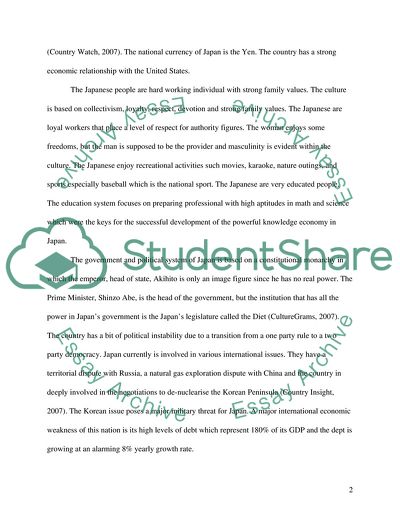Cite this document
(The Policy of a Foreign Atate in Its Interaction Article, n.d.)
The Policy of a Foreign Atate in Its Interaction Article. https://studentshare.org/politics/1709831-japan-involved-in-us-foreign-policy
The Policy of a Foreign Atate in Its Interaction Article. https://studentshare.org/politics/1709831-japan-involved-in-us-foreign-policy
(The Policy of a Foreign Atate in Its Interaction Article)
The Policy of a Foreign Atate in Its Interaction Article. https://studentshare.org/politics/1709831-japan-involved-in-us-foreign-policy.
The Policy of a Foreign Atate in Its Interaction Article. https://studentshare.org/politics/1709831-japan-involved-in-us-foreign-policy.
“The Policy of a Foreign Atate in Its Interaction Article”. https://studentshare.org/politics/1709831-japan-involved-in-us-foreign-policy.


